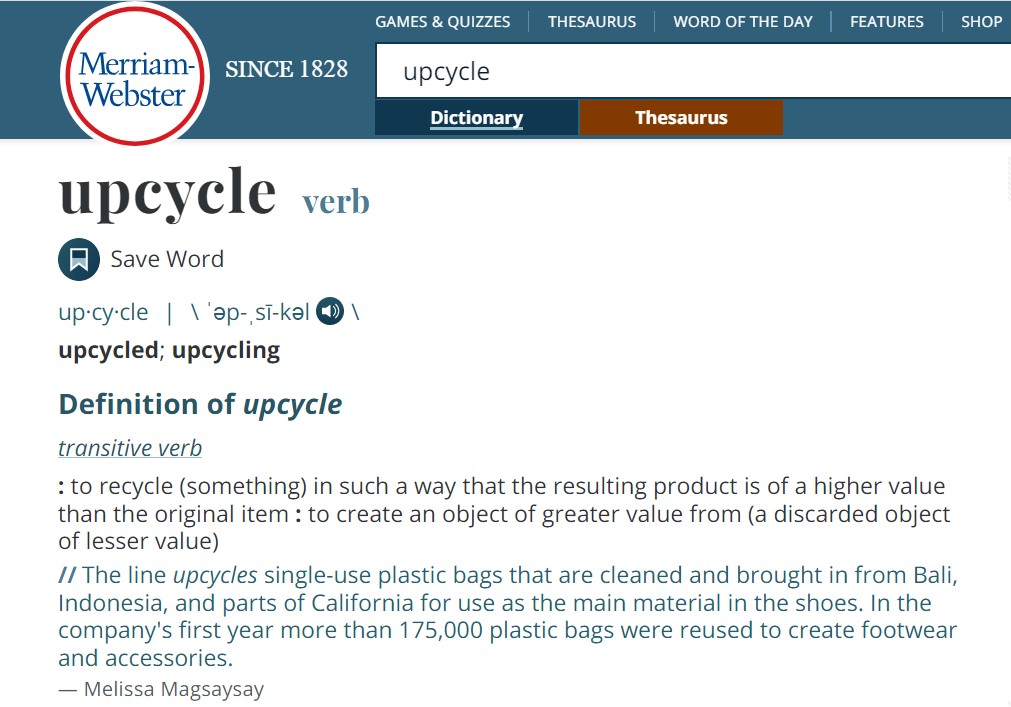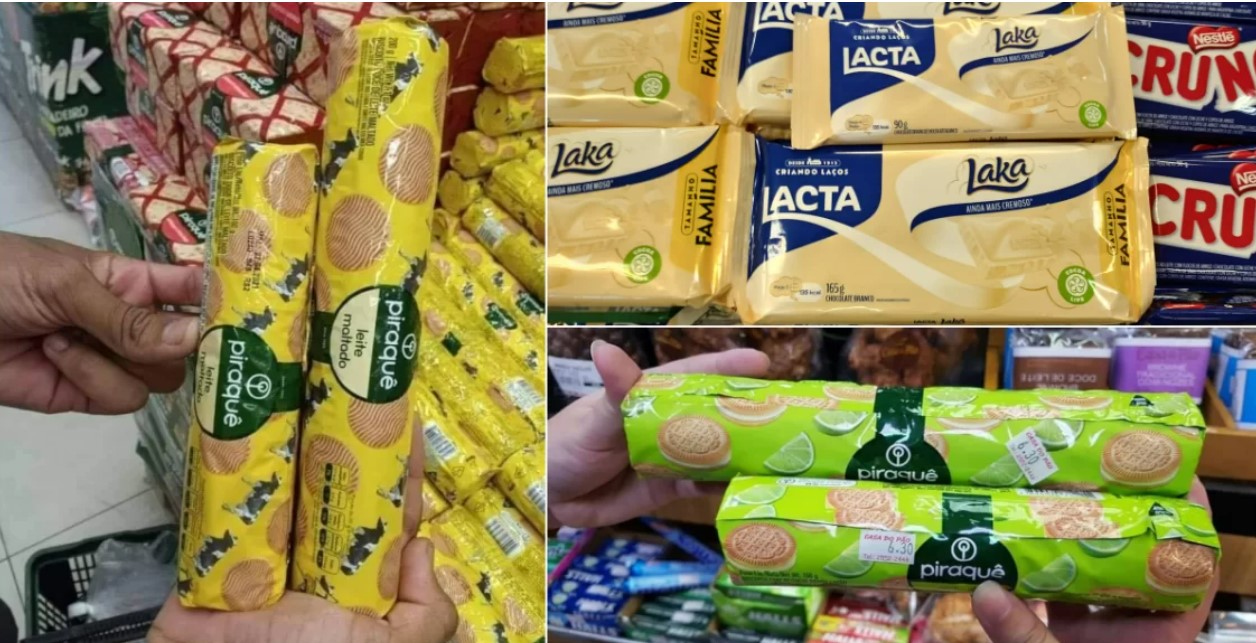This month Merriam-Webster dictionary added 370 new terms to its vocabulary. This helps us understand the world through words.

They are from the technological “metaverse” and “cryptocurrency” to the ecological “plant based” and “greenwash”, the practice of making something seem more ecological (or less harmful to the environment) than what is. This list even included technically incorrect terms such as “oat milk” (although “milks” are just mammalian milks, oat milk is usually said, we need to accept this!).
Oh, and “upcycle” also became an entry while “upcycling” entered Cambridge dictionary, both this year. It is worth remembering that the Upcycled Food Association‘s definition of upcycling is a little different from those in dictionaries, we’ve already talked about it here.

This is interesting because language is alive, language evolves and new terms are created as we live in new situations. Stop being cringe – yes, another term from this year – because those dictionaries we took to school and used for decades are behind us, today’s dictionaries are online and have new words every year.
If you’re a curious person, it’s worth looking at the words included in years past to see what was trending back then.
“When many people use a word in the same way, for a sufficiently long period of time, that word becomes eligible for inclusion.” In 2020 the word of the year was “pandemic”, in 2021 there was the consolidation of remote work with terms such as “digital nomad” and “co-working”.
Do you know that practice that every consumer hates, when companies reduce the size/quantity of products and increase the price? So, it’s called “shrinkflation” and apparently it’s a worldwide phenomenon that has also made its way onto the dictionary pages.

Yes, this practice has a name: “shrinkflation”
I bet that in the near future we will see more terms related to food made in the laboratory (cell cultured).
What words will be included in the coming years? Who else will try to guess?
Sources: Quartz, Bon Appétit, CNN, Merriam Webster, Serra News



















